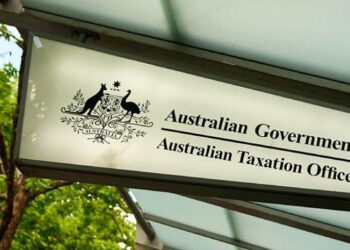Craig Day, head of technical services for Colonial First State, said in the latest FirstTech podcast that given the complexity of the super contribution rules, it’s not surprising that members occasionally make mistakes when contributing to super.
“This can then result in a whole range of negative consequences, including being issued with an additional tax liability or potentially losing the ability to claim a tax deduction for their contributions,” he said.
“In these situations, it’s not uncommon for members to request their contribution to be returned to them on the basis that they made it due to a mistake.”
However, it’s not as easy as requesting for the contribution returned, he said and there are only limited avenues that a member can pursue to recover the contribution including via the law of restitution.
“The law of restitution is based on the principle of unjust enrichment, that is, if a payment is made based on a mistake of fact or a mistake of law, and it’s unjust for the recipient to retain that payment, then it legally must be returned to them,” he said.
Day explained how this works by giving an example of a thief who has stolen someone’s assets.
“The way the law deals with that is the thief is not considered to then own those assets. The victim, being the legal owner of those assets, will always retain that ownership. However, what the law actually creates here is what’s called a constructive trust over these assets, and the thief is considered to hold these assets on trust for the victim that had their assets stolen from them and that they can demand those assets back,” he said.
“Applying this in a superannuation context, it means if a member transferred money to their fund due to a mistake and the fund was not actually the intended recipient, the member can request for the monies to be returned to them based on the principle of unjust enrichment. The key question here is whether the fund was the intended recipient” he said.
“A good example of this is a case that went before the Superannuation Complaints Tribunal (SCT) where a member went to pay $1000 rent to their landlord and mistakenly clicked the wrong account and transferred it to their super fund instead,” Day said.
“The member notified the fund of their mistake and requested the money be returned but the fund declined concerned that by doing so it would breach the SIS Act. The member then took the issue to the SCT that looked at it from the concept of unjust enrichment and agreed that the member had a right of restitution as the fund was never the intended recipient and ordered the fund repay the member.””
In addition, APRA has also confirmed in Superannuation Prudential Guideline 270 that where the fund received a contribution that was larger than was intended due to some sort of clerical transcriptional arithmetic error, then it may also return that excess payment,” he said.
“However, for a trustee to agree to return part of a contribution, a member would need documentary evidence to support their claim. For example, a fund may potentially accept something like a statutory declaration and supporting documentation indicating the actual level of contribution intended. Whatever the case, the member will need to contact the fund to confirm what it will require as evidence”.
However, it is critical to note that all of this only works where there was a genuine mistake of fact, Day said.
If a member actually meant to contribute the amount they contributed and then subsequently discovered that this resulted in some adverse outcome, such as the member not being able to access the money due to the preservation rules or the member exceeding their applicable contribution cap, then the fund will not have been unjustly enriched and the contribution will stand.



Honestly gov, it was just a typing error, can i av it back please!